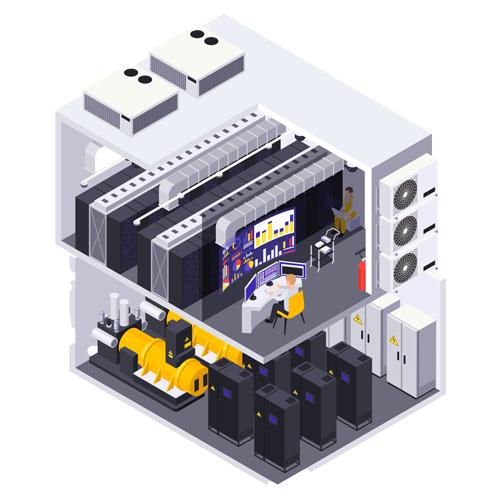Linux is a family of operating systems built on the principles of Open Source and the GNU GPL license. Linux is a modern, safe, reliable, rapidly developing system. The internal architecture of these operating systems provides a wide range of tools for their administration and configuration. And most importantly, Linux is practically not susceptible to virus attacks.
Advantages of using Linux systems
- Low total cost of ownership due to savings on the cost of licenses
- The openness of the code, which allows the system to be adapted to specific tasks
- High fault tolerance and security of solutions built on the platform
- Possibility of integration with Windows platforms, systems and services
- Low requirements for hardware resources
Systems and services that we service
- Databases
- Websites (web servers)
- Portals
- Postal systems
- Telephony based on Asterisk
- Business systems
Our services
Migration of servers to the Linux OS from other operating systems
- Creation of a backup copy (backup) for quick recovery in the event of a failure
- Migration of applications and services to the Linux OS
Rent of virtual servers on the Linux OS
- Installation of the operating system and updated
- Setting up the internal environment and system services
Hosting of server applications on the Linux OS
- Installation and configuration of software
- Implementation of application complexes and tasks: mail systems, network services, security systems and Internet access control
Solutions for highly loaded projects running the Linux OS
- Vertical and horizontal project scaling
- Organization of "load balancing" and backup
Installing the Zabbix Monitoring and Alerting System
- Installing and configuring the Zabbix server and client applications
- Collection and analysis of hardware and software performance statistics
- Configuring Alert and Response Policies
- Configuring service and operating system error monitoring
- Support for Zabbix monitoring and alerting system
Installing the LAMP/LNMP Application Stack (Linux-Apache/Nginx-MySQL-PHP)
- Installing the Stack Software Components
- Update and maintain the LAMP/LNMP application stack
- Software customization for clients
- Performance tuning and monitoring
Hosting of database management systems (MariaDB, MySQL, PostgreSQL, MongoDB)
- Installing and configuring database servers
- Monitoring and support of database management systems
- Setting up replication
- Optimizing the DBMS configuration for better performance
Security and routing management based on Linux OS
- Setting up network services - firewall, VPN, etc.
- Detect unauthorized access and suspicious network activity
- Installing and configuring anti-virus software on the server
- Organizing the collection and analysis of server access statistics
